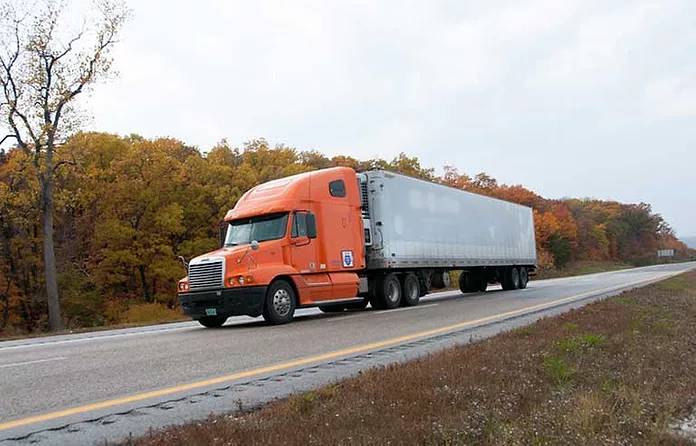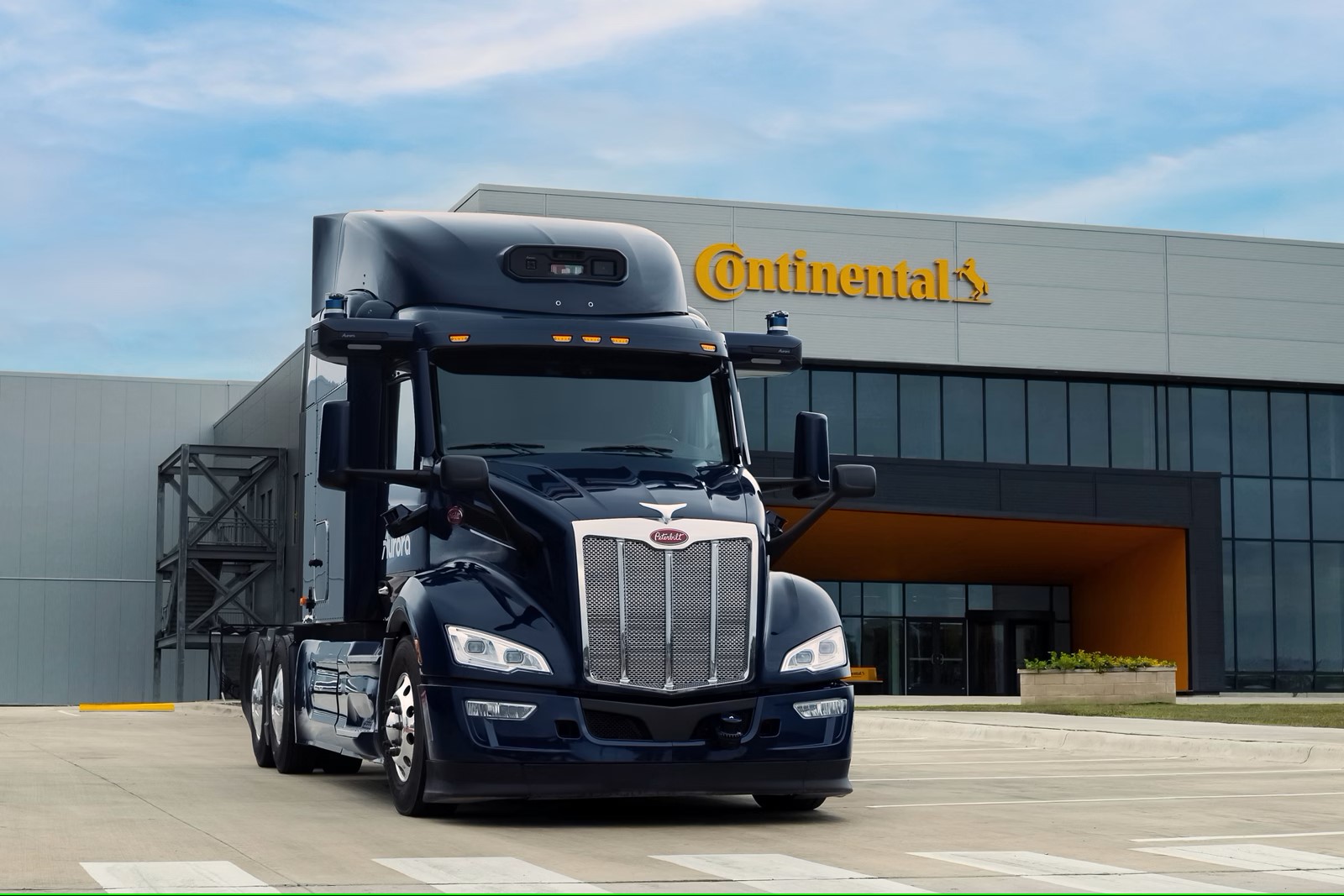Getting locked out of your commercial truck is a situation no driver wants to face. However, it is an unfortunate event that can happen to anyone. In this article, we will provide you with essential commercial truck lockout tips to help you avoid this nuisance and what to do if it happens. These tips are especially relevant for those who spend a significant amount of time on the road.

Understanding the Causes of Lockouts
Before diving into the solutions, it’s crucial to understand what causes truck lockouts. Simple mistakes, like leaving keys inside the truck, can result in a lockout. Sometimes, mechanical issues with the locks or key fobs can also be the culprits. For a detailed explanation of these causes, visit this truck lockout causes page.
Preventative Measures to Avoid Lockouts
Prevention is always better than cure. Here are some preventative measures:
Keep a Spare Key Handy
One of the simplest ways to prevent a lockout is to have a spare key. Ensure it is easily accessible but not inside the truck. You can store it with a trusted colleague or in a secure location outside the vehicle.
Regularly Check Your Locks
Regular maintenance of your locks can prevent unexpected failures. Lubricate them and check for any signs of wear and tear. For more on maintaining locks, see this key care tips guide.
What to Do During a Lockout
If you find yourself locked out, don’t panic. Here are steps you can take:
Contact a Professional Locksmith
A professional locksmith can help you regain access without damaging your vehicle. Ensure you have the contact information for a reliable locksmith at hand.
Use a Slim Jim as a Last Resort
While not recommended for those without experience, using a slim jim can sometimes unlock the door. However, improper use can damage the lock mechanism.
The Importance of Staying Calm
Panicking during a lockout can lead to rash decisions. Take a deep breath and assess the situation calmly to avoid unnecessary damage or stress.
Technology Solutions for Truck Lockouts
With advancements in technology, several solutions can prevent lockouts:
Keyless Entry Systems
Many modern trucks come equipped with keyless entry systems. Familiarize yourself with how they work and ensure the system is regularly maintained.
Mobile Apps
Some manufacturers offer mobile apps that allow you to lock and unlock your vehicle remotely. Ensure your phone is charged and app access is secure.
Training and Awareness for Drivers
Driver training programs can include lockout prevention tips. Awareness can significantly reduce the chances of a lockout.
Insurance and Lockouts
Check if your insurance policy covers lockouts. Some policies offer roadside assistance, which can be invaluable during such emergencies.
Regular Equipment Audits
Conducting regular audits of your truck’s equipment can help identify potential lock issues before they become a problem.
Understanding Lock Mechanisms
Understanding how your truck’s lock mechanisms work can help in troubleshooting minor issues. For troubleshooting advice, visit this lock troubleshooting guide.
Common Myths About Truck Lockouts
There are several myths about truck lockouts, such as using tennis balls to open doors. Most of these methods are ineffective and can cause damage.

FAQs
Q1: Can lockouts damage my truck?
A: Yes, improper handling during a lockout can cause damage to your vehicle’s locking mechanism.
Q2: How can I prevent a lockout?
A: Keeping a spare key, regular maintenance, and using technology solutions can prevent lockouts.
Q3: Are lockouts covered by insurance?
A: Some insurance policies cover lockouts, but it’s essential to check with your provider.
Preventing and managing lockouts is crucial for all truck drivers. By following these commercial truck lockout tips, you can minimize downtime and stress. For more tips on avoiding lockouts, check this avoid lockouts guide. If you’re interested in learning more about general lockout prevention strategies, this external resource offers additional insights.
This article contains affiliate links. We may earn a commission at no extra cost to you.





